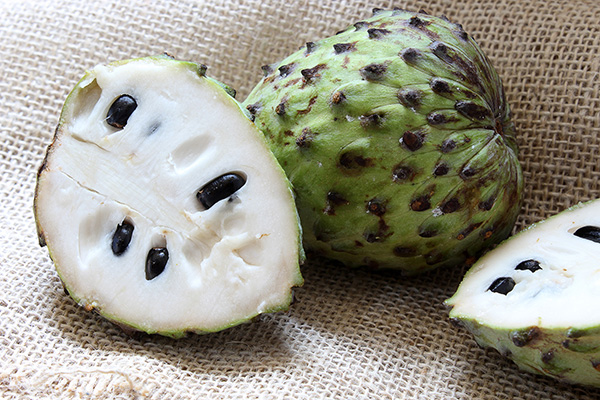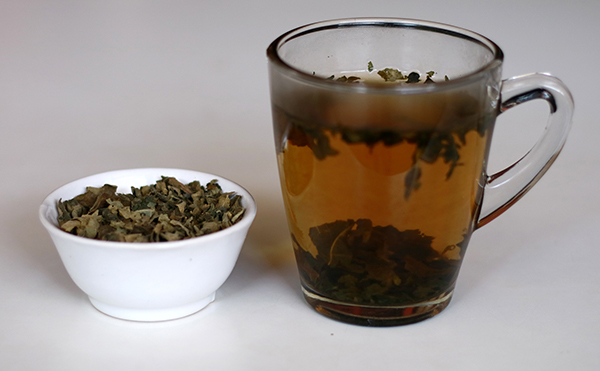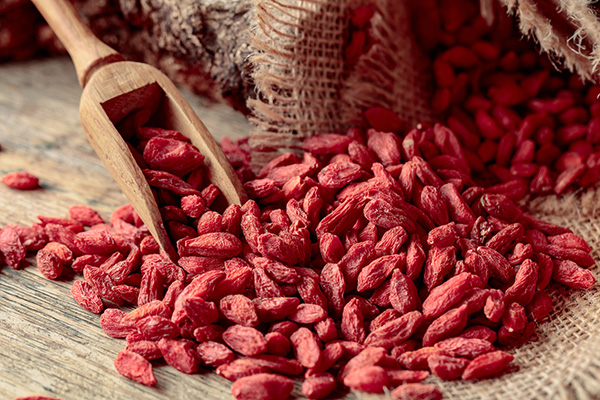Why Is My Iced Tea Cloudy?
Iced tea is a refreshing beverage enjoyed by millions of people worldwide. However, it can be frustrating when your perfectly brewed iced tea turns cloudy. But why does this happen?
The short answer, iced tea becomes cloudy primarily due to polyphenols, including tannins, crystallizing when hot tea is cooled rapidly. To prevent cloudiness, allow your hot tea to cool gradually at room temperature before refrigerating or pouring over ice.

The Science Behind Cloudy Iced Tea
To understand why iced tea becomes cloudy, we must first explore the science behind tea brewing. When tea leaves are steeped in hot water, they release compounds called polyphenols. These compounds are responsible for the flavor, color, and health benefits of tea. However, they also have a downside – they can cause the tea to turn cloudy when cooled down.
Factors Contributing to Cloudiness
There are several factors that can contribute to the cloudiness of your iced tea. Here, we discuss some of the most common culprits.
Rapid Cooling
When hot tea is cooled too quickly, the polyphenols in the tea can crystallize and form a cloudy haze. This often occurs when hot tea is poured over ice or placed in the refrigerator immediately after brewing.
Water Quality
The minerals in tap water, particularly calcium and magnesium, can react with the polyphenols in tea, causing cloudiness. Using filtered or bottled water can help reduce the chance of your iced tea becoming cloudy.
Oversteeping
Steeping tea for too long can lead to the release of excess polyphenols, making the tea more likely to become cloudy when cooled. Follow the recommended steeping times for the type of tea you are using to avoid over-extraction.
Tea Type
Certain types of tea are more prone to cloudiness than others. Black and green teas, for example, have higher levels of polyphenols and are more likely to become cloudy when cooled.
Tips to Prevent Cloudy Iced Tea
Now that we understand the reasons behind cloudy iced tea, let’s explore some ways to prevent it.
Cool Tea Gradually
Allow your hot tea to cool at room temperature before placing it in the refrigerator or pouring it over ice. This slower cooling process will help prevent the polyphenols from crystallizing and causing cloudiness.
Use Filtered Water
Using filtered or bottled water can help reduce the minerals that contribute to cloudiness in iced tea. If you’re unsure about the quality of your tap water, consider investing in a water filtration system or using bottled water for brewing.
Follow Steeping Guidelines
Adhering to the recommended steeping times for your tea type can help prevent over-extraction and reduce the likelihood of cloudiness. Generally, black tea should be steeped for 3-5 minutes, green tea for 2-3 minutes, and white tea for 2-4 minutes.
Choose Tea Wisely
Selecting teas with lower levels of polyphenols can help reduce the chance of your iced tea becoming cloudy. White and herbal teas are generally less prone to cloudiness than black or green teas.
How to Clear Up Cloudy Iced Tea
If your iced tea has already become cloudy, don’t fret! There are a few methods to help clear it up.
Add Hot Water
Try adding a small amount of hot water to the cloudy iced tea. This can help dissolve the crystallized polyphenols and restore the tea’s clarity.
Strain Through a Coffee Filter
Pour the cloudy tea through a coffee filter to remove any larger particles that may be contributing to the cloudiness. This method may not completely clear up your iced tea, but it can help improve its appearance.
Reheat and Cool Gradually
Reheating your cloudy iced tea on the stovetop or in the microwave can help dissolve the crystallized polyphenols. Once the tea is hot, allow it to cool down gradually at room temperature before placing it in the refrigerator or serving it over ice. This process may help restore the clarity of your iced tea.
Embrace the Haze
It’s worth noting that while cloudy iced tea may not be as visually appealing, it doesn’t necessarily indicate a problem with the taste or quality of the tea. In fact, many tea enthusiasts argue that the presence of polyphenols, which contribute to the cloudiness, can actually enhance the flavor and health benefits of the tea.
Polyphenols are a type of antioxidant found in many plants, including tea leaves. They have been linked to various health benefits, such as reducing inflammation, improving heart health, and even lowering the risk of certain types of cancer. By embracing the natural haze in your iced tea, you may be enjoying a more nutrient-rich beverage.
Conclusion
Cloudy iced tea is a common issue that many tea drinkers encounter, but understanding the science behind it and following the tips provided in this article can help you prevent and remedy this aesthetic issue.
Keep in mind that cloudiness in your iced tea does not necessarily mean it is of lower quality or less enjoyable. Embrace the haze and enjoy the health benefits and delicious taste of your favorite iced tea, regardless of its appearance.






